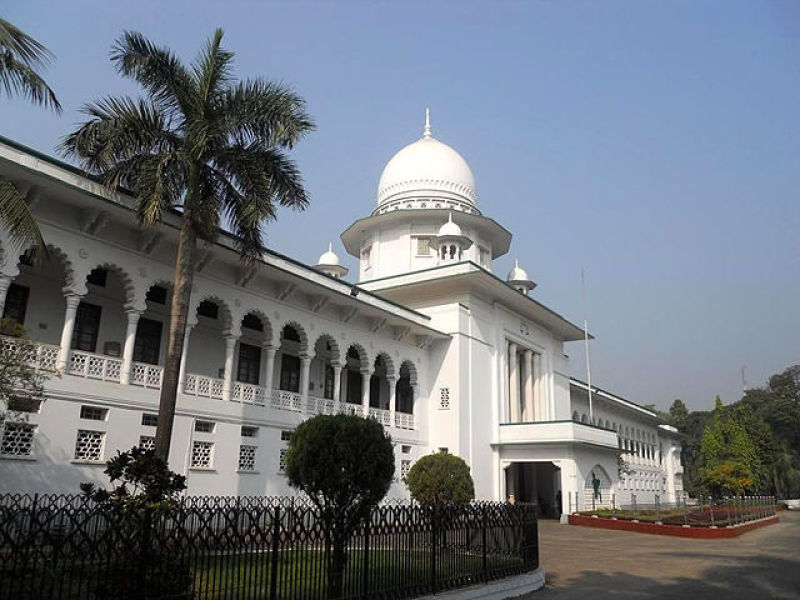
Bangladesh's High Court rejected the petition seeking to drop Islam as the nation's official religion in favor of a formal secular status.
The petition was filed by a 15-member group, which the court said had no standing because there was no ground for complaint and neither did the petitioners elaborate how they were abused by the law they wanted to change.
The same case was filed by the group 28 years ago, but was rejected by the court. Ten of the 15 petitioners are no longer alive since they formed a "committee to oppose autocracy and religious communalism."
As the case went through the court's bureaucratic screening, it was not deemed fit for a proper hearing in the court, and was dismissed in less than two minutes by Justice Naima Haider, Justice Quazi Reza-Ul Hoque, and Justice Ashraful Kamal, according to the New York Times.
The court decision implies that Islam will continue as Bangladesh's official religion, but the constitution will guarantee equal rights for minority religions as before as per Article 2A of the constitution which, though recognizing Islam as the state religion ensures "equal status and equal right in the practice of the Hindu, Buddhist, Christian and other religions."
After gaining independence from Pakistan in 1971, Bangladesh adopted a secular status. But, in 1988, the country's military dictator H.M. Ershad declared Islam as the country's official religion to garner popular support. He had to resign in 1990 amid mass protests.
Sunni Muslim groups protested against the case, and the country's largest Islamist political party, Jamaat-e-Islami, declared a nationwide strike.
"It is sad that the court binned the petition without allowing the petitioners to present their arguments," Rana Dasgupta, a general secretary of the Bangladesh Hindu Buddhist Christian Unity Council, told Voice of America. "This ruling will give a boost to the country's Islamist forces and it is a sad day for all religious minorities in Bangladesh."
"We thank the court on behalf of the nation for rejecting the petition," said Fazlul Karim Kashemy, leader of Hefajat-e-Islam, a local religious group. "Muslims and non-Muslims in our society have been maintaining good relationship for long."
Prime Minister Sheikh Hasina had amended the constitution in 2011, seeking to reintroduce aspects of secularism in the state machinery, but Islam remained the country's national religion.
However, some activists point out that Article 2A recognizing Islam as national religion contradicts with Article 12, which mentions secularism as the principle of the state.
Bangladesh has long been called a moderate Muslim-majority nation, but fundamentalist violence has been on rise since the last several months, with terrorist organizations like Islamic State and affiliated groups making their presence known there, as they claimed responsibility for murders of minorities and foreigners.



















